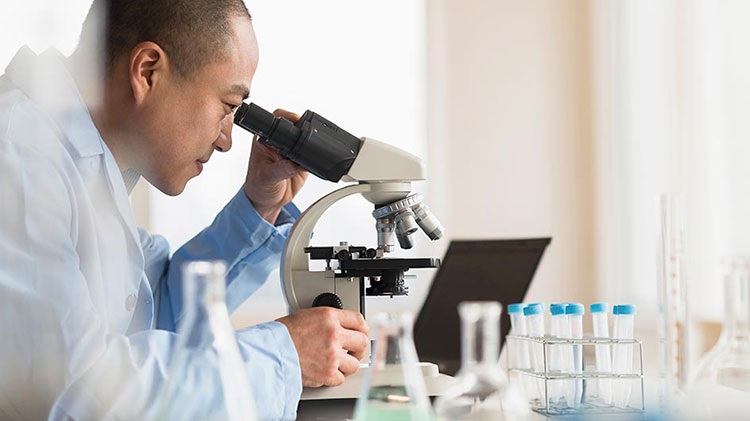DNA testing privacy: what you need to know
Thanks to Tom Benisch of State Farm for this episode of Tips from the Pros about DNA testing privacy.
Understand the basics of how DNA testing works and learn how to remain vigilant over your data.

Genetic testing has gone from a novel curiosity to big business. More than 26 million people have taken an at-home ancestry test, which uses DNA to analyze their genomes. The explosion in testing companies and use have a lot of people asking about at-home DNA testing privacy and wondering about the risks. Here are the basics and what you need to consider.
How DNA testing works
Wider availability and advanced technology have made DNA testing much more affordable and much less intrusive. With a simple swab inside your cheek, DNA testing companies deliver a report that offers clues about your ethnicity and family’s countries of origin and offer insights about your risks for developing certain diseases. If you desire, you can also make your results available to others, which provides the potential, to connect you with relatives.
What your DNA test means
It’s important to understand where the data comes from. At a DNA testing company, analysts compare your results to their database of other test results. The goal is to find similarities with people who have the same general DNA patterns that you do, which generates your customized results. However, there have been studies that point out differing results for the same person from different companies. In addition, experts point to the high rate of false positives with at-home tests for genetic conditions.
Experts say that DNA tests will become more accurate once more people are tested, giving companies a wider array of DNA to compare to. In addition, if a DNA test reveals an increased probability for a certain condition, a doctor should provide additional evaluation and testing.
Do DNA companies share results?
Before buying a kit, dive deeper into how you can best protect yourself.
- Hacking: Anytime you share your data in any form — bank accounts, credit card information, for example — you run the risk of your data being shared or stolen. The same is true of DNA results.
- Data sharing: Consumers can decline to allow companies to sell their data to third parties. Before you send in your sample, investigate the third-party sharing policies of the testing company.
- Different types of DNA sites: Different sites have different purposes. Many of the most well-known, including 23andMe, are not open-source. You establish privacy settings including what the company and cannot share with others. Other websites that are open source allow you as a user to upload your genetic code results and authorize sharing with other users, including law enforcement if requested. Review each company’s standards for details about how they handle your personal data.
Buying or selling your home? Contact Gigi today.
Oh, by the way, I’m never too busy for any of your referrals!








Recent Comments